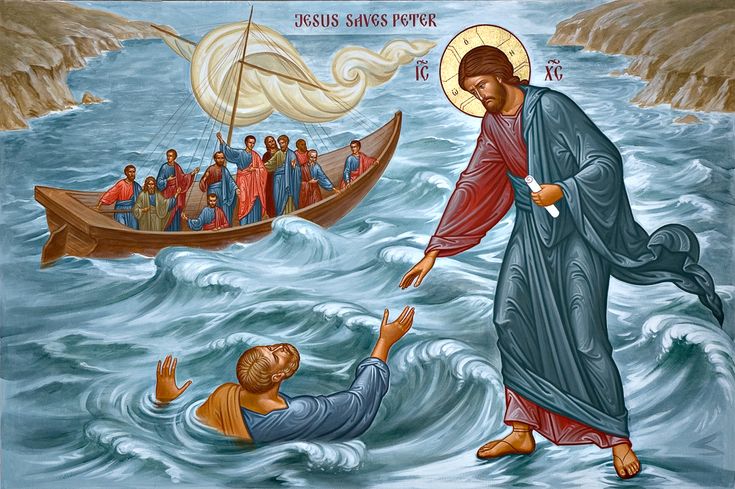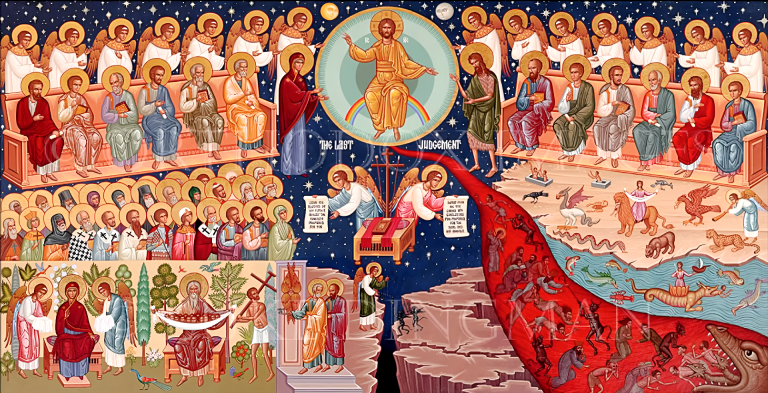Recently, a local pro-abort wrote a typical letter to the local newspaper. He complained about the horrors of the Spanish Catholic Church. Then, he compared the Catholic fight against abortion with the Spanish Conquest. In about a third the space, the following response was made:
Dear Editor:
” A recent anti-Catholic diatribe in these pages alleged that Spanish Catholics universally mistreated American Indians. We may remember the many, many miles we’ve each driven on Pennsylvania’s endless roads. It is a fact that we see no Indians. It’s a fact that we don’t even find the remains of tens of thousands of Indian villages. It is as if the Indians were never here.
South of the Rio Grande, there are hundreds of millions of living Indians. In nations settled by Spanish Catholics, it is a fact that Indians are still alive, thriving, politically powerful, and usually Catholic.
Bearing those facts in mind, it is as far from honest as it’s possible to be to conclude that Indians were worse off if their lands were settled by Spanish Catholics, rather than, for instance, by Pennsylvania’s land-grabbing Quakers. In all history, there are few other groups who stole as much as the Quakers did while pretending to care so deeply about those whom they were exterminating.
That same anti-Catholic rant shows that the Culture of Death, and its same hypocrisy, is still flourishing. Its writer believes that, today, the pro-life Catholic Church is wrong, if not actually evil, to do everything possible to protect all unborn babies, and all of us, from willful destruction.
Encouraging people to destroy their own children for temporary convenience has been leading people astray since the times that God, through His holy prophets, forcefully and repeatedly condemned child sacrifice in the Old Testament.
The Catholic Church, pro-life people of every faith, and many with no religious affiliation at all, agree with God and His prophets of old: human life must be protected, not snuffed out for convenience.”
It will be interesting to see the response.








